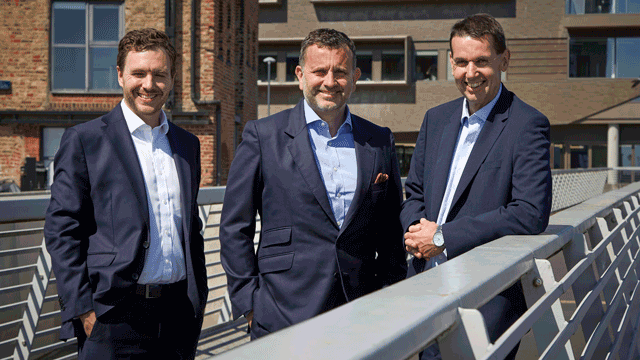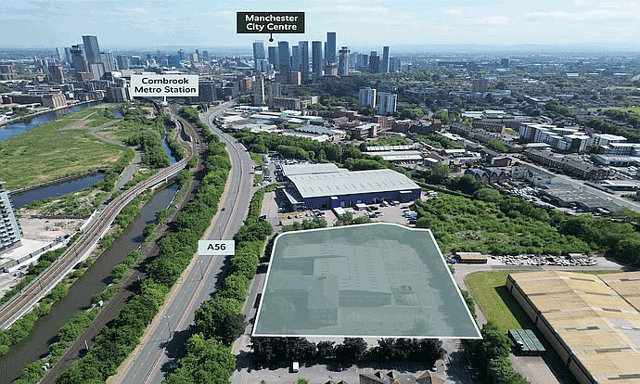Ministers are asking for feedback on proposals to increase planning fees by 35%.
The hike – which would be enforced by new powers handed to ministers by the Levelling-Up and Regeneration Bill – forms part of a wider reform of planning fees “to ensure faster and better decision making”.
The consultation, which will last for eight weeks until the morning of 25 April, proposes increasing fees for all applications. Major applications, which account for 3% of all applications, would rise by 35% and all other applications by 25%. It also proposes index-linking fees so they rise annually with inflation.
The current cost of a major application for more than 50 homes or 3,750 sq m of floorspace is £22,859 plus £138 for each additional dwelling or additional 75 sq m up to maximum of £300,000.
Under the proposals, that would rise to £30,860, plus £186 for each additional dwelling or additional 75 sq m of commercial space, up to maximum of £405,000.
On smaller sites the fee would rise from £462 per dwelling or 75 sq m of floorspace to £578, or £628 on developments of 10 to 50 homes and between 1,000 sq m and 3,750 sq m.
The Department for Levelling Up, Housing and Communities is also seeking views on whether to charge additional fees for bespoke or ‘fast track’ services and how it could ring-fence additional fee income.
Other proposals include double fees for retrospective applications, the removal of the ‘free-go’ for repeat applications and the reduction of the Planning Guarantee from 26 weeks to 16 weeks for non-major applications
The consultation paper stated: “The government has heard consistent feedback from all sectors that the core planning application service is not consistently performing at the level it should.”
It added that it acknowledges that “one of the root causes is, for many local planning authorities, an absence of adequate resources and capability”.
The consultation paper noted that the BPF, as well as the Royal Town Planning Institute and the Local Government Association, have called for an increase in resources for local planning authorities and said “the government recognises that this needs to be addressed”.
But it insisted that the increased fees would be used to pay for improvements, to “create a more consistent, streamlined and digitally enabled approach to the way planning applications are made and processed”.
Ministers said they were “working with the PropTech sector to develop tools so that communities can engage with planning services through digital means alongside traditional forms of engagement”.
The overall cost of processing planning applications across England stands at approximately £675m a year. However, the fees pulled in by planning fees amounts to just £393m a year.
The funding shortfall for the service is estimated by the department to be in the region of £225m annually, or approximately 33%.
The Levelling-Up and Regeneration Bill is currently in committee stage in the House of Lords. One of the amendments discussed and subsequently withdrawn suggested removing the words “Levelling-Up” from the title of the Bill.
Baroness Pinnock, who put forward the amendment, said: “Measures to enable the big strategy of levelling up are simply not there. Levelling up is a slogan seeking some substance.”
To send feedback, e-mail piers.wehner@eg.co.uk or tweet @PiersWehner or @EGPropertyNews











